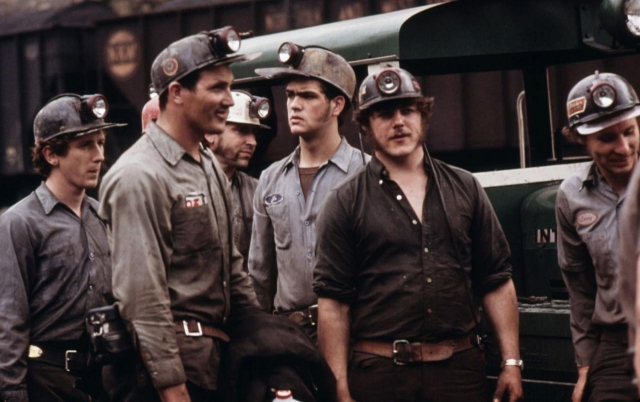What makes good local history?
Primary History article

Everywhere has a past and learning how to capitalise on that for primary history can be both rewarding and challenging. Not only are aspects of the local area's history a requirement in their own right at both key stages, but these aspects can also help to tell the national story, and can make links with the wider world, ensuring that local history is anything but parochial.
Where is local history in the National Curriculum?
Local history features in both Key Stage 1 and Key Stage 2 in the National Curriculum. For younger children there is a need to learn about significant local places, events and individuals. At Key Stage 2 there is a requirement to undertake a local history study with recommendations on how it can be done. Local history can also be incorporated into other topics as well as the investigation in its own right such as when studying the Romans, Saxons or Vikings or the development study. A local example could be used to engage children before moving on to the national or global context. This furthers a historical perspective by understanding the connections between local, regional, national and international history...
This resource is FREE to all registered users of the website
If you are not already registered you can sign up for FREE Basic Website Access or Join the HA to access this content.

